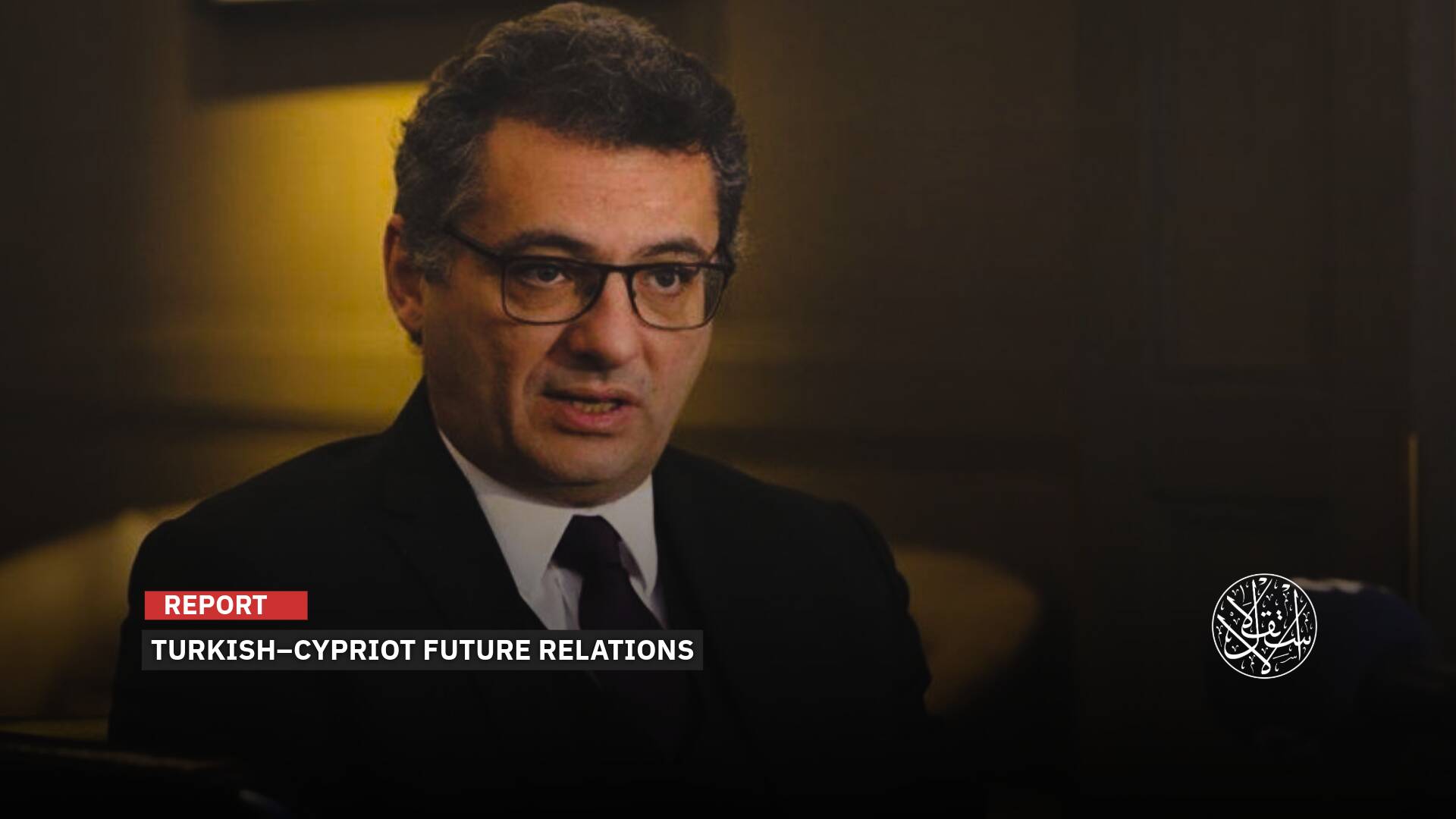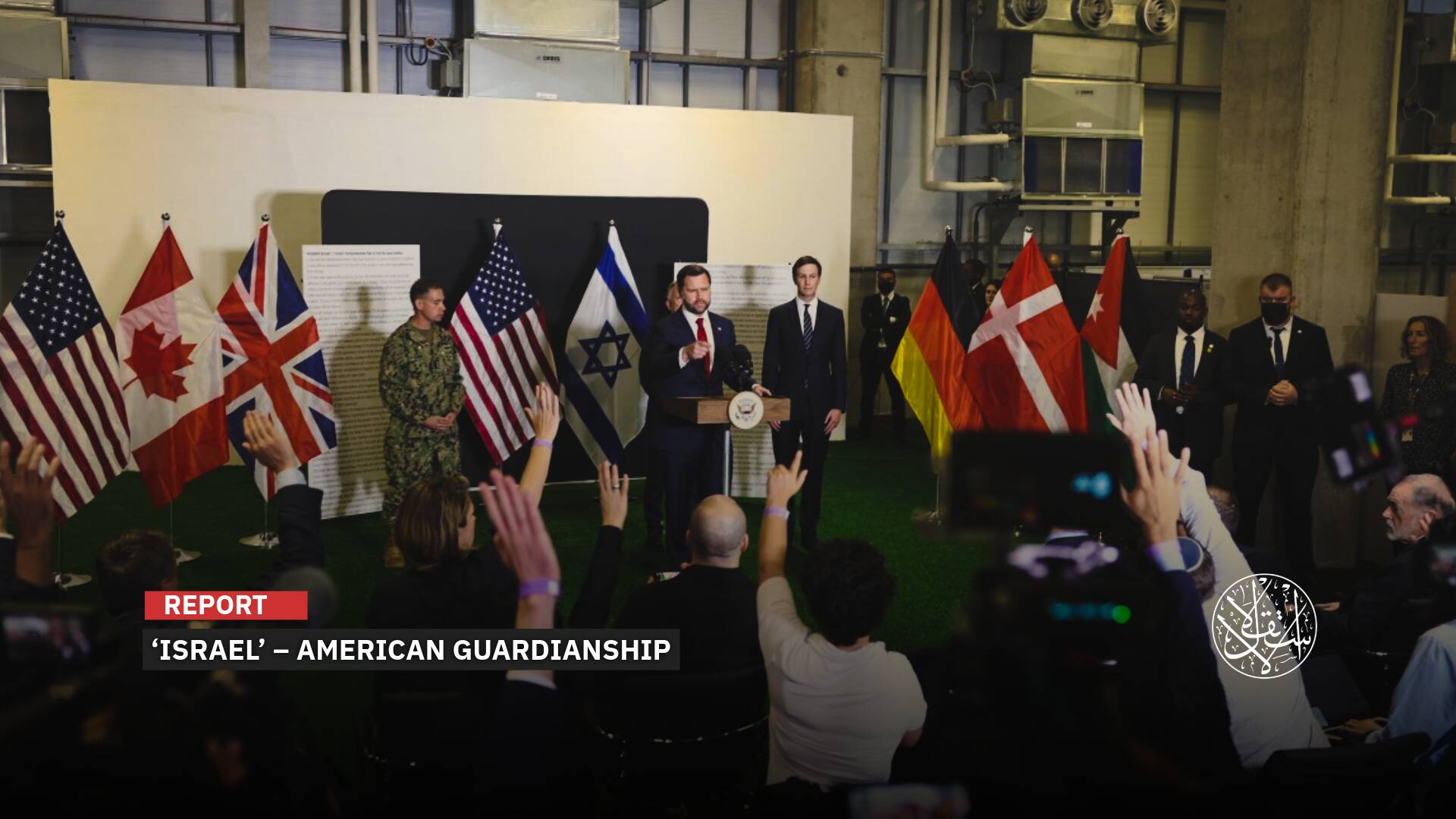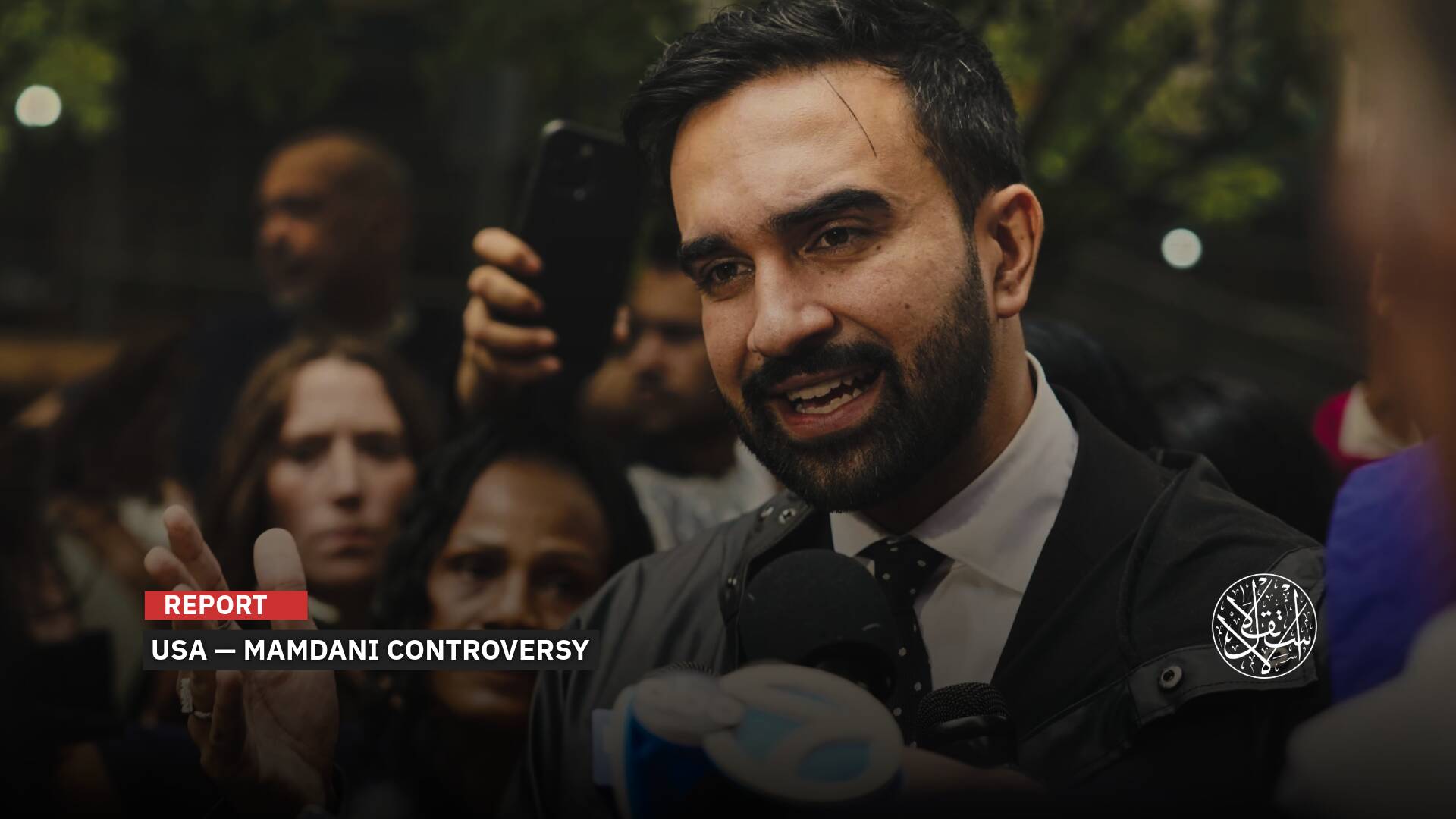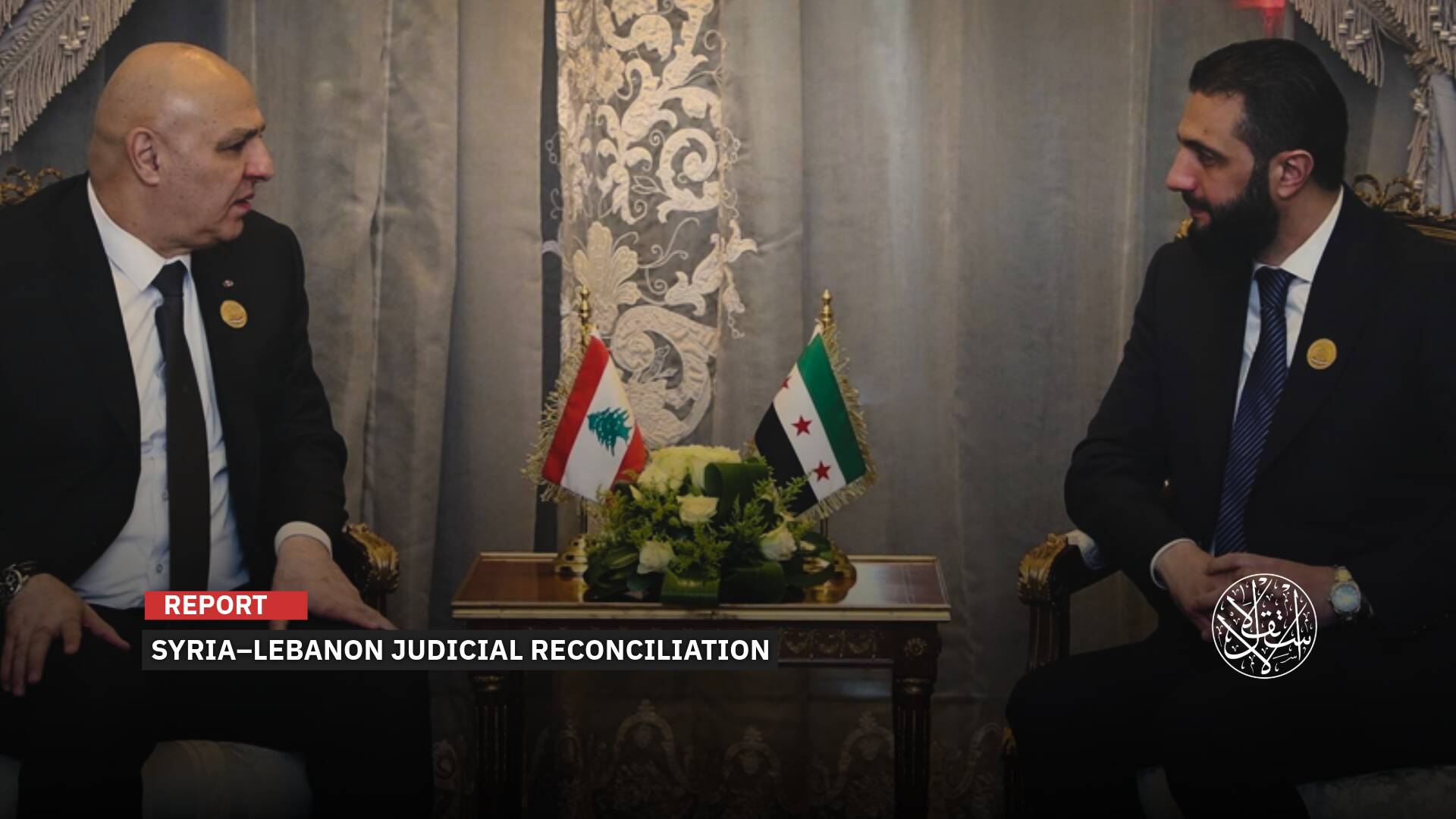Why is France Fighting the Hijab and not Considering it As Personal Freedom?

When it comes to Muslims, France's slogan of "freedom and respect for individual rights," which it claims to stand by in front of the world, seems to be inapplicable, in a behavior that exposes the "values of secularism" and the "principles of the republic."
In this context, the British newspaper The Times confirmed on October 14, 2022, that the French Minister of Education, Pap Ndiaye, denounced what he described as a new "wave" of students dressed in Islamic clothes.
According to the same source, Ndiaye promised to crack down on Islamist activists on social media, claiming that they encourage adolescent girls from immigrant communities to mock French secularism by calling on them to wear the hijab.
Coinciding with this statement, the European Court of Justice, in a decision of October 13, 2022, said that companies in the European bloc can ban the hijab as long as it is a general ban that does not discriminate between employees.
Discrimination and Racism
As reported by Euronews on October 13, 2022, the decision followed a case filed by a Muslim woman who was told she could not wear the hijab when she applied for a six-week job internship at a Belgian company.
According to the same source, the company said it follows a neutral rule that does not allow wearing a headscarf, whether a hat or a scarf.
The woman filed her complaint with a Belgian court, which in turn sought advice from the Court of Justice of the European Union.
The Luxembourg-based Supreme Court said there was no direct discrimination in such a ban.
The judges' decision stated that "the internal rule, for any economic activity, prohibiting the wearing of religious, philosophical or spiritual signs that can be seen, does not constitute direct discrimination if applied to all employees in a general and non-discriminatory manner."
The court said in 2021 that EU companies could prevent employees from wearing a headscarf under certain circumstances.
In Germany, bans on the headscarves of women at work have sparked controversy for years, with most cases involving female teachers who aspired to work in public schools and women training to become members of the judiciary.
In his analysis of what is happening, Tijani Boulawali, a lecturer and researcher on Islamic thought and issues of Islam in the West, said that the political and legal debate over the Islamic hijab is neither new nor nascent today.
Speaking to Al-Estiklal, Boulawali added, "We still remember the decision of former French President Jacques Chirac in December 2003, which he announced at the Elysee Palace, to ban the carrying and wearing of religious symbols inside educational institutions."
He explained that these symbols are the Islamic veil, the Jewish hat, the Christian cross, and the Sikh turban, in order to protect the secular approach taken by the French Republic since the twenties of the last century.
The academic researcher continued: "The strange thing about that decision is that it put all these symbols in one basket without any distinction between the dress of Muslim women, which covers the rest of the body, and the headscarf is only part of it, which is a legitimate necessity and a religious demand."
Boulawali went on to ask: "How can this contradiction in which French and Western secularism fall? Is it ignorant of the reality of the Islamic hijab or its ideological use of this element in its rejection of the Islamic presence in the West?"
"Most of the political positions and legal actions taken against the Islamic hijab cannot be accommodated in a break from the flawed vision of the December 2003 law banning the hijab," he replied.

The most recent of these was the decision of the European Court of Justice on October 13, 2022, that the prohibition on wearing the hijab at work is not discrimination against women.
Contemporary thought researcher Driss Elganbouri said that France today is fighting minorities and targeting their rights and not recognizing them.
In a post on his Facebook account on October 16, 2022, Elganbouri added, "there is no problem in France and liberal Europe in accepting and recognizing Christian and right-wing extremism."
He spoke of racist statements made by former presidential candidate Eric Zemmour, who founded a party with a dangerous historical and religious load that he called the "Reconquête."
He pointed out that Zemmour launched a campaign for what he called "the restoration of France's schools of Islam" and the fight against Islamic symbols.
Les Français se mobilisent contre l’offensive islamique à l’école.
— Eric Zemmour (@ZemmourEric) October 15, 2022
Vous aussi, rejoignez notre rassemblement à Paris !#SamuelPaty #ReconqueteDeNosEcoles pic.twitter.com/pEQfmUvJ8j
Elganbouri explained that this campaign comes less than a week after the decision of the European Court of Justice to ban the hijab, noting that Zemmour wants to use the decision to launch a campaign against the Muslims of France.
He stressed that what is a strange contradiction in liberalism, which has raised the slogans of tolerance, coexistence, human rights, and freedom of belief, yet the law allows extremist parties that are hostile to all these slogans and gives them access to parliament and power.
Continuing the crackdown on veiled women and the rights of Muslims in France, a veiled student at a secondary school was assaulted on October 13, 2022, after she found her headscarf in the trash and her Quran torn.
Western Authoritarianism
These attacks, harassment, and discrimination against Muslim women are not new in France but have already been confirmed by international UN and human rights reports.
One of these is the assertion by a UN committee that France discriminated against a Muslim woman who was barred from attending a headscarf in vocational training at a public school, according to a UN document.
As Euronews reported on August 4, 2022, the origin of the case dates back to 2010.
Naima Mazhoud, 45, was due to train on an administrative assistant assignment in a course held at a public secondary school, where girls are prohibited from wearing the hijab by law.
The document said the principal of the school, located on the northern outskirts of Paris, prevented her from entering upon arrival.
Six years earlier, in 2004, France banned wearing the hijab and other visible religious duties in public schools. Mazhoud said that as a student in higher education, the law did not apply to her.
According to the document, the UN Human Rights Committee decided that "the committee concluded that the refusal to allow Ms. Mazhoud to participate in the training while wearing the hijab constitutes discrimination on the basis of sex and religion."
Sources
- France pledges crackdown on pupils in Islamic dress
- European court: Companies can ban the wearing of the hijab in the workplace [Arabic]
- An international document.. France discriminated against a veiled woman and prevented her from vocational training [Arabic]
- A Muslim student in France is shocked by tearing up her Quran and throwing her veil in the trash can [Arabic]










